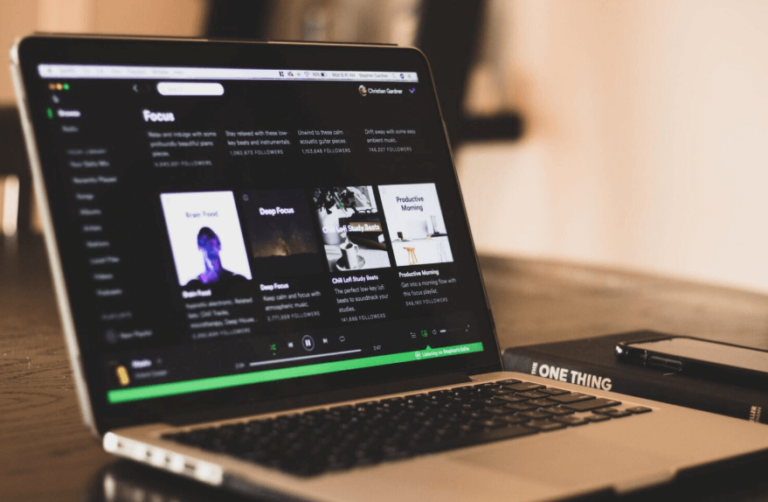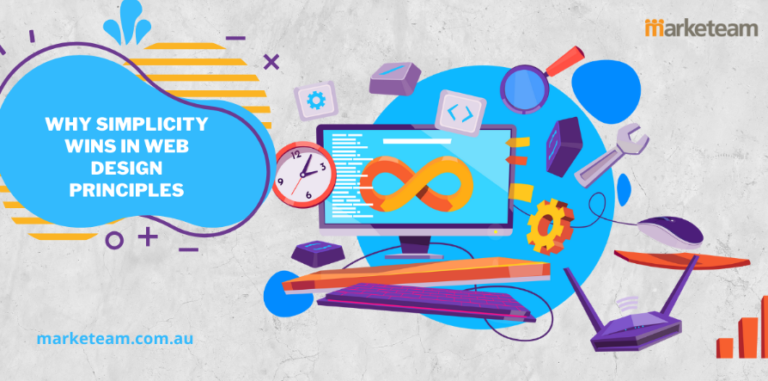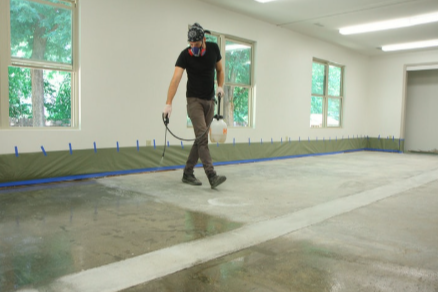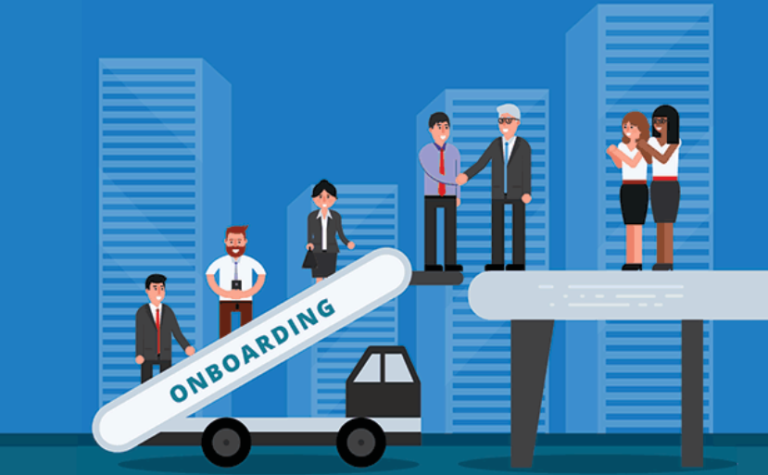How Could AI-Generated Headshots from Magic Hour Transform Virtual Team-building and Corporate Culture?
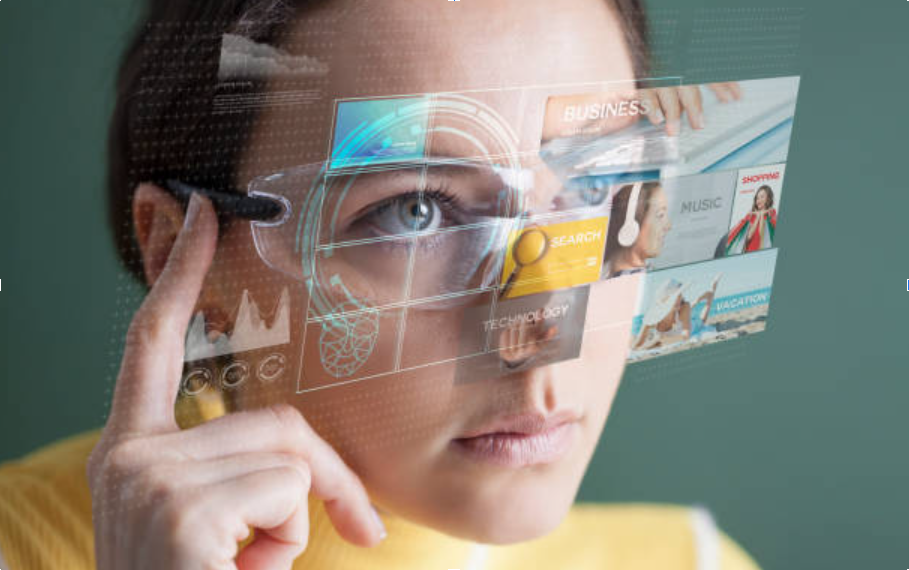
In a business world increasingly shaped by hybrid and remote work, digital identity has taken center stage. Teams spread across cities, countries, and continents are expected to collaborate seamlessly, build rapport, and uphold a unified company culture—often without ever meeting in person. Visual presence, once an afterthought, is now an essential element of communication and cohesion. This is where AI professional headshot tools like Magic Hour can revolutionize how teams connect, build trust, and sustain a sense of shared culture.
Not just about aesthetics, the AI-generated headshots of Magic Hour also offer polished, consistent, and inclusive portraits of every team member and are, thus, about humanizing digital interactions and fostering connection in a world that is becoming more and more virtual.
Building Visual Consistency in a Fragmented Workspace
Among the main difficulties of remote work is the absence of physical proximity. Without employees being in the same location, even small things—like clearly seeing a colleague’s face—become much more important. For example, in messaging apps, video calls, and collaboration platforms, where user icons and profile pictures act as stand-ins for real-life presence, many teams use such a communication method. User-generated, professional-quality images can build rapport in these interactions, compensating somewhat for the fact that distance creates emotional gaps.
Magic Hour’s AI professional headshot service is a solution that enables companies to create a high-quality and cohesive visual identity for their employees. Whether used for Slack, Microsoft Teams, Zoom, or the company directory, these AI-generated portraits make the team appear visually unified. Not only does this sense of unity contribute to the company’s brand image, but it also has a positive effect on team spirit, especially in decentralized work settings.
See also: Technological Changes Altering Business in 2025
Enhancing Inclusion and Empowerment
Traditional corporate photography can be a financial drain, logistical Hydra, and the source of unintentional exclusion. It can make some people feel uncomfortable, whereas others may not have the opportunity to work with a professional photographer. The AI professional headshot tool of Magic Hour democratizes this process as it allows individuals—with just a few selfies—to create studio-quality images that reflect their identity and style.
The availability of such technology compromises the feeling of equity and inclusion. All team members, regardless of location, salary, or role, can have the same quality and dignity in visual representation. The Magic Hour AI is designed to keep natural features, skin tones, and expressions intact, thus making sure it is authentic and professional at the same time. This statement is a powerful cultural one: every person is equally important, and every person has the right to be pictured in their best light.
Boosting Trust and Recognition Among Team Members
In virtual environments, one of the most significant barriers to connection is the lack of familiarity. Names on screens can feel abstract and impersonal. A well-composed AI professional headshot can instantly make someone more approachable, memorable, and relatable. When new team members onboard or collaborate across departments, seeing a colleague’s clear, confident headshot helps them feel like they’re interacting with a real person, not just a digital profile.
Over time, this visual familiarity strengthens interpersonal bonds. People are more likely to communicate freely, offer feedback, and support one another when they feel like they know who they’re working with. Magic Hour’s headshots play a subtle but important role in breaking down barriers and fostering trust, both essential components of a healthy corporate culture.
Creating a Stronger Employer Brand
Companies that prioritize high-quality, consistent visuals for their team show that they care about professionalism and detail. This translates into a stronger employer brand, especially in public-facing materials. From team pages on websites to employee LinkedIn profiles, using Magic Hour’s AI professional headshot tool helps create a clean, unified aesthetic that reflects positively on the organization.
Moreover, employees who are proud of their headshots are more likely to use them, leading to increased brand visibility. When everyone—from leadership to interns—has a professional photo that looks authentic and empowering, it sends a message of unity and investment in people.
Supporting Culture in Remote Events and Initiatives
Virtual team bonding games and general assemblies are often dependent on the picture of the person speaking on the screen to keep the attention of the audience. One of the ways to be creative, in addition to the use of AI-generated photos of professional headshots, is to add these personalized pictures in the internal presentations, team rosters, quizzes, or event platforms where everyone can feel included and recognized.
Bringing such an element to digital icebreakers or cross-functional intros is a minor detail that might change the situation entirely. When people, for instance, have their names and pictures in the roster, they feel more represented and connected to the mission of the company. Consequently, the chances of them making a decision, joining in on the activities, and being engrossed in the general operation increase significantly.
Conclusion
The AI professional headshot tool from Magic Hour might come across as basic and simple; however, it has an extensive range of effects on the virtual work culture. The tool boosts the self-image of the workers; it also makes them realize they are looked at differently, as well as it helps a lot in the establishment of personal connections with the teams. Making standardized headshot images widely available, easy to access, and personalized, Magic Hour is not just revolutionizing digital photography, but it is also being part of the redefinition of the corporate culture in the age of remote work.

